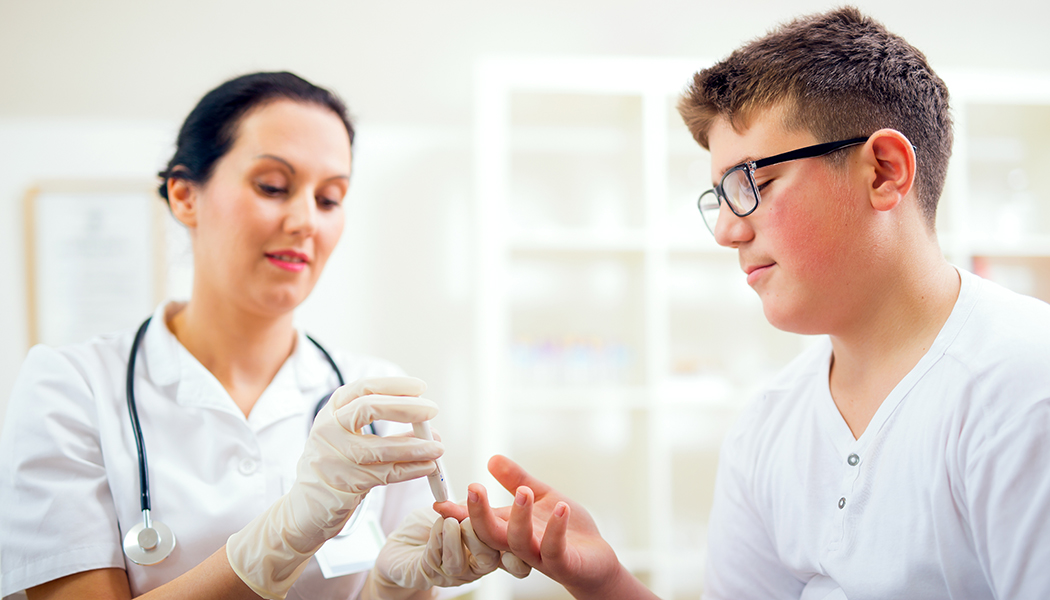Diabetes and Cancer: What’s the Link?
Medical professionals have come to understand that diabetes, especially Type 2 diabetes, is linked to a variety of diseases. The high blood glucose from diabetes can damage the blood vessels and nerves that control the heart and blood vessels, increasing the likelihood of developing heart disease and kidney disease. However, researchers have also found a correlation between diabetes and the probability of developing cancer. Until recently, the connection between diabetes and cancer was a mystery.
In 2019, a dedicated team of researchers discovered that hyperglycemia, or high levels of glucose in the blood, may induce DNA damage and inhibit DNA repair. Hyperglycemia is a symptom that characterizes diabetes, meaning that the DNA in people with diabetes sustains more damage and gets fixed less often when blood sugar levels are high compared to when blood sugar is at a normal, healthy level. It is this impact on the DNA that increases a diabetic’s cancer risk.
Despite the newly discovered link between diabetes and cancer, medical professionals advise people with diabetes or at risk of developing diabetes that there are many ways in which they can continue to lower their cancer risk. For people already diagnosed with diabetes, learning to manage blood sugar properly can improve health outcomes. Learning to keep blood sugars under control and avoiding hyperglycemia reduces the risk of damaging DNA.
People with (or without) diabetes can also lower their risk of cancer by undertaking several lifestyle changes. One of the most effective steps to control diabetes and reduce the risk of cancer is to eat a healthy and balanced diet. A diet rich with vegetables, fruits, and whole grains, along with regular exercise, helps keep one’s blood sugar and weight under control and keeps the cardiovascular system healthy. Obesity is a major risk factor for several types of cancer, and effectively managing one’s diet can reduce the risk.
Similarly, reducing one’s use of alcohol and tobacco will play a big role in reducing the risk of cancer and diabetes. Research has shown that even moderate amounts of alcohol and tobacco increase one’s risk of cancer. However, alcohol also has a negative impact on diet. These drinks are often high in empty calories, directly impacting the positive results of a balanced diet and regular exercise routine.
Finally, people with diabetes should be aware of their increased cancer risk and be proactive in their screenings. Diabetes has been linked to cancers of the liver, pancreas, uterus, colon, breast, and bladder. Thankfully, each of these cancers has effective screening options to help identify cancer in an early stage. People with diabetes should speak to their doctor about their cancer risk and determine a screening schedule.
Cancer research breakthroughs are constantly leading to new prevention and early detection tools. National Foundation for Cancer Research provides up-to-date tips and information on various screenings that will help catch cancer at its earliest stages when it’s most treatable. Download the Cancer Prevention and Early Detection Kit to learn more.
Additional Reads You May Enjoy:
10 Ways Your Diet Can Reduce Your Cancer Risk
Study links dietary fat consumption to breast cancer survival rate
Green Goddess: Healthy Anti-Cancer Smoothie Recipe
Stay connected with us! Receive our monthly e-newsletter and blogs featuring stories of inspiration, support resources, cancer prevention tips and more. Sign up here.












